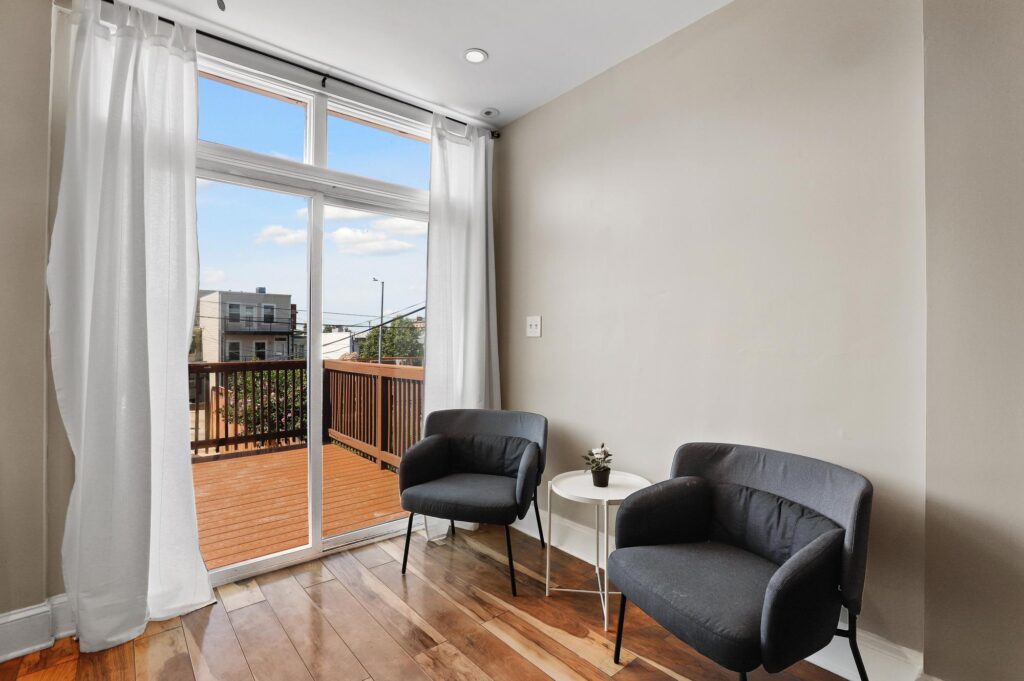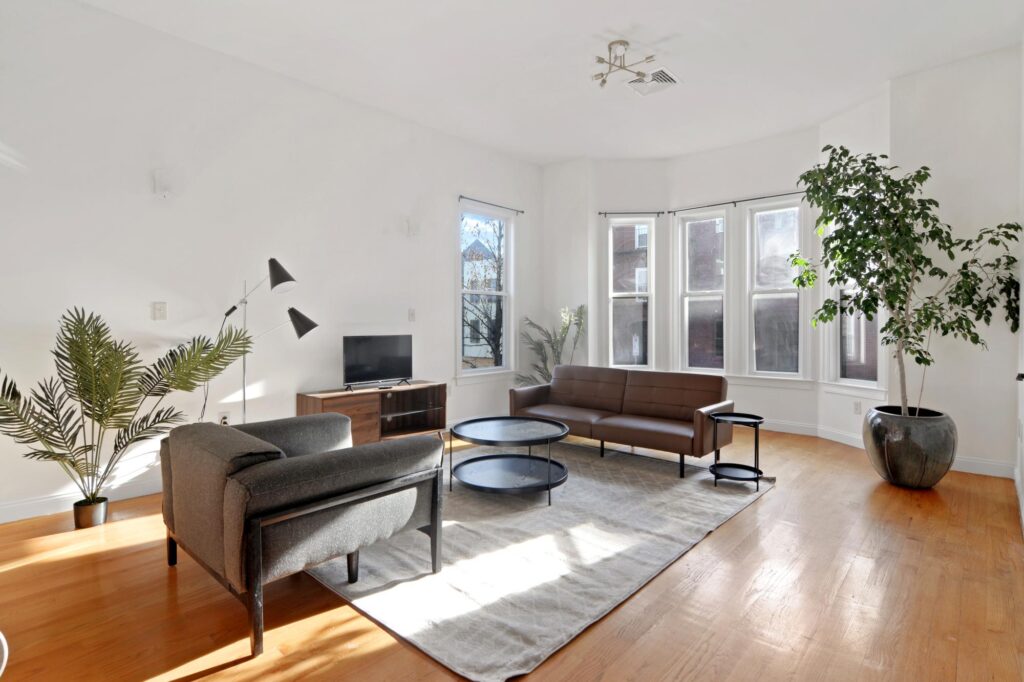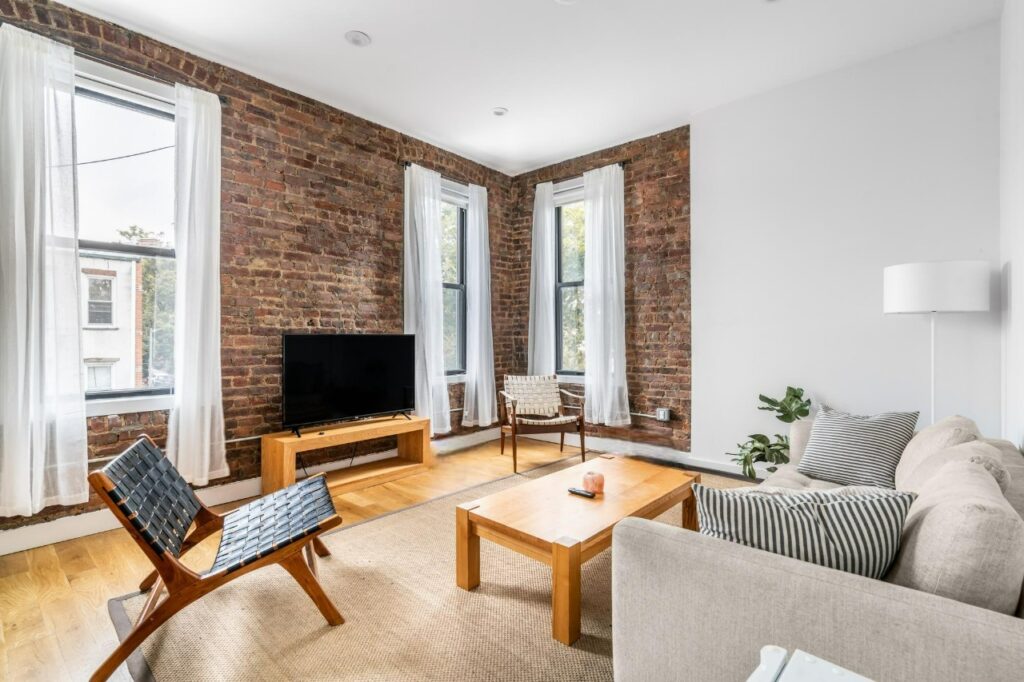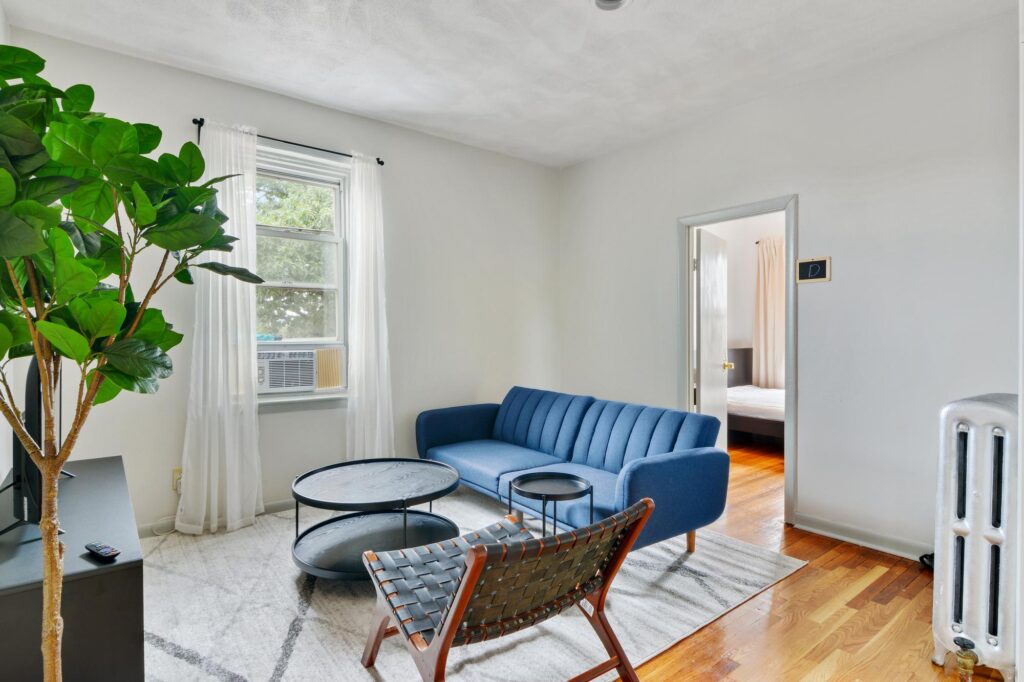Estimated reading time: 9 minutes
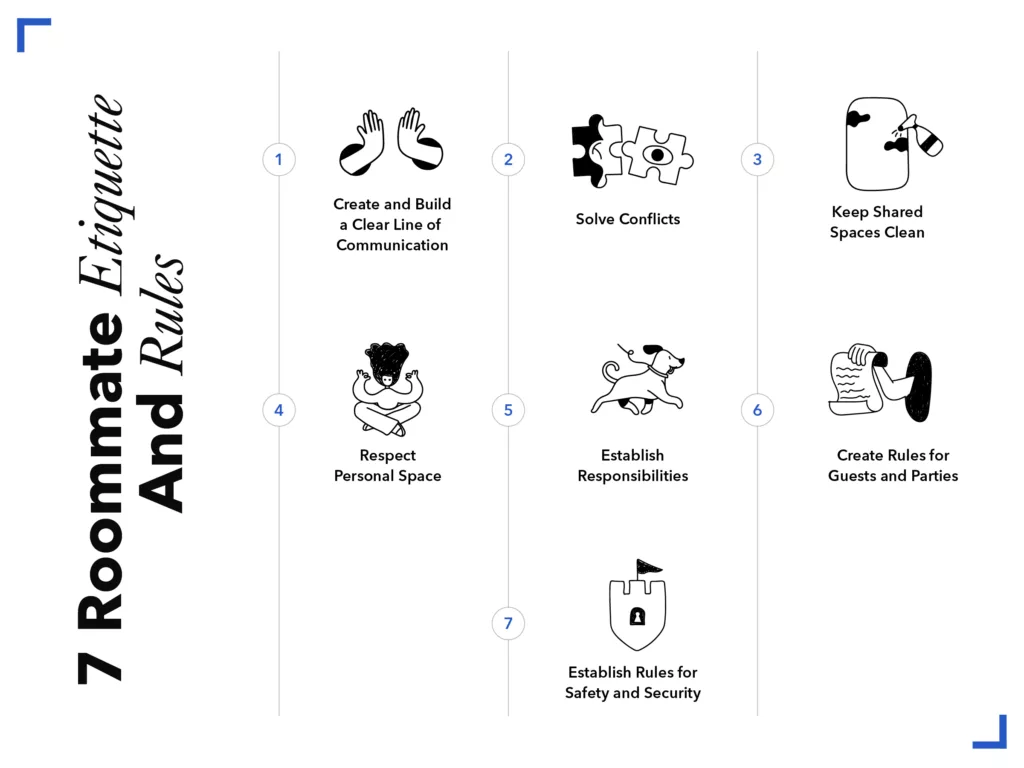
Living with roommates can be a great way to save money on rent and make new friends. But it can also be a recipe for disaster if you don’t have clear roommate etiquette and rules in place.
Roommate etiquette and rules are essential to maintaining a harmonious living environment where everyone feels respected and comfortable. When everyone is on the same page, it can help avoid conflicts and create a positive living experience.
This article will cover some basic roommate etiquette and rules to help you navigate living with others. It’s important to note that rules may vary based on specific living arrangements.
So, use these tips as a starting point and tailor them to your situation.
Essential Roommate Etiquette Rules
- Create and Build a Clear Line of Communication
- Solve Conflicts
- Keep Shared Spaces Clean
- Respect Personal Space
- Establish Responsibilities
- Create Rules for Guests and Parties
- Establish Rules for Safety and Security
Enjoy a hassle-free, high-end rental experience for stays of one month or longer in major US cities.

Fully-furnished rooms and apartments with flexible lease. Apply today and move in tomorrow.
Create and Build a Clear Line of Communication
When living with roommates, open communication is key. This means that from the beginning, it’s essential to establish a clear line of communication between you and your roommates. Discussing your preferences and boundaries early on can save you a lot of trouble down the line.
Do you have certain habits or routines you’d like your roommates to know? Or pet peeves or things that bother you? It’s important to lay these out from the start.
But what happens when conflicts arise?
Establish a roommate etiquette for resolving conflicts. When living with roommates, disagreements are inevitable, but it’s important to handle them maturely and respectfully. Come up with rules for conflict resolution, such as agreeing to always listen to each other’s perspectives and taking a break if things get heated.
One helpful tip to facilitate communication is to have regular house meetings. This is an excellent opportunity to discuss concerns, plan events, or share good news. It’s also a great way to keep everyone on the same page and avoid miscommunications.
Other people prefer to handle things as they arise. Regardless of your chosen method, ensure everyone is on board and that the system is fair and effective.
Keep Shared Spaces Clean
One of the most important rules when living with roommates is to keep shared spaces clean. No one wants to come home to a messy living room or kitchen, so it’s essential to establish a system for cleaning and maintaining shared spaces.
This could involve creating a cleaning schedule, assigning specific tasks to each roommate, or simply agreeing to take turns cleaning up after yourselves.
Here are tips to keep shared spaces clean:
- Create a cleaning schedule clearly outlining who is responsible for cleaning which areas and on what days. This ensures that everyone contributes equally and that shared spaces are regularly maintained.
- Designate specific storage areas for shared items such as cleaning supplies or kitchen utensils to prevent clutter and confusion,
- Make it a habit to clean up after yourself immediately after using a shared space or resource, such as washing dishes or wiping down counters.
- Put things away after you use them, whether dishes, cooking utensils, or other items.
- Wipe down surfaces regularly, including countertops, tables, and other common areas.
- Sweep or vacuum floors to keep them free of dust and debris.
- Take out the trash and recycling regularly, and make sure everyone knows where to put these items.
- Avoid leaving personal items, such as shoes or backpacks, in common areas where they can clutter the space.
Another essential thing you can do as roommates is to respect each other’s space and belongings. This means avoiding the temptation to borrow or use your roommate’s items without permission and being mindful of where you store your belongings in shared spaces.
In addition to keeping shared spaces clean, discuss rules for noise levels, guests, and the use of shared resources. This can help prevent misunderstandings and conflicts down the road.
Respect Personal Space
It’s imperative to respect each other’s personal space when living with roommates. Regardless of how outgoing a person is, they need their personal space, which you should respect.
Respect each other’s privacy by establishing boundaries and discussing rules for entering each other’s rooms. Ask permission before entering someone’s room, even if the door is open. Respect each other’s belongings and privacy by avoiding touching or moving anything in the room without asking first.

Also, talk about how common areas will be used and how storage space will be divided. It could involve designating specific areas for each person’s belongings and setting up a system for labeling or organizing personal items, so they don’t get mixed up with your roommates’.
Remember, everyone has different comfort levels regarding personal space. Some roommates may be more introverted and value their alone time, while others may be more extroverted and enjoy socializing.
Communicate your preferences and boundaries with your roommates so everyone feels comfortable and respected.
Establish Responsibilities
One of the benefits of living with roommates is sharing responsibilities. But they can also be a source of problems and resentment if not well managed.
Establish responsibilities for bills, rent, and utilities. This means discussing splitting bills such as rent, setting up a cost-sharing system, and ensuring everyone knows their financial responsibilities.
Also, discuss expectations for sharing chores and responsibilities. Here are some helpful tips;
- Establish a system for cleaning shared spaces, such as the kitchen or bathroom
- Discuss expectations for using shared appliances and cleaning up after cooking
- Establish rules for food sharing, including how to split expenses.
- Communicate openly and respectfully to avoid misunderstandings and conflicts.
- Be willing to compromise and adjust responsibilities as needed
- Keep common areas tidy and clean up after yourself
- Encourage each other to do their part and show appreciation for their efforts
Lastly, establish rules for food sharing and cooking to avoid conflicts in the kitchen. Discuss preferences for cooking and sharing meals to ensure everyone’s needs and preferences are met. Also, agree on how food will be shared and stored.
Create Rules for Guests and Parties
Rules for guests and parties ensure everyone feels comfortable and respected in their living space. Ensure all roommates are comfortable with the number of guests and the frequency of their visits.
Start with discussing the expectations for inviting guests over. This could include agreeing on how much notice to give, how many guests are allowed, and how long they can stay.
As for parties, create rules for noise levels and cleaning up after parties. Come up with a party policy with a time limit for loud music or agree to keep noise levels down after a certain time.
Establish rules and a system for cleaning up after parties, whether one or all of you were hosting, such as rotating responsibilities or hiring a cleaning service.
Other unwritten rules for sharing space with roommates when it comes to guests and parties include:
- Communicate with your roommates before inviting guests over, especially if they are staying overnight
- Be respectful of your roommates’ schedules and ask if it’s a good time to have guests over
- Set expectations for shared spaces during parties, including how they will be used and who is responsible for cleaning up afterward
- Be considerate of your roommates’ feelings and preferences when it comes to guests and parties
Establish Rules for Safety and Security
Safety and security should be top priorities when living in a shared space. If one person compromises on security, the safety of everyone else is at risk.
Establish safety rules to create a secure living space for everyone. Discuss emergency procedures and establish a plan for what to do in an emergency. This could involve creating an emergency contact list, designating a meeting spot outside the building, and discussing evacuation procedures
Additionally, establish rules for locking doors and windows to prevent unauthorized access to the living space. For example, agree on who is responsible for locking up before leaving the house or ensuring all doors and windows are locked before bed.
Make sure you:
- Create a safety and security policy together, and agree on what constitutes unsafe behavior
- Discuss emergency procedures, including who to contact in case of emergencies
- Agree on a system for locking doors and windows, and make sure everyone is on board with the rules
- Keep an open and respectful line of communication about safety and security concerns
- Encourage each other to be vigilant and aware of any potential security risks
Roommate Rules are Essential
By establishing clear expectations and guidelines for responsibilities, guests, safety, and more, roommates can build a favorable living situation.
Roommate Etiquette can also help prevent misunderstandings, conflicts, and security risks and promote a positive and respectful relationship among roommates. Ultimately, a harmonious living environment can result in increased happiness, reduced stress, and better mental health for everyone involved.
So, if you live with roommates, take the time to establish rules and guidelines. Prioritize open communication, respect, and compromise.
By working together and supporting each other, you can create an enjoyable, safe, and fulfilling living situation.
Discover Your Ideal Shared Space with June Homes
Whether you’re looking for a roommate arrangement in NYC, a shared furnished apartment in Boston, or a co-living space in Chicago, we’re here to help. Share your preferences with us, and we’ll guide you to the perfect roommate experience of your dreams.

